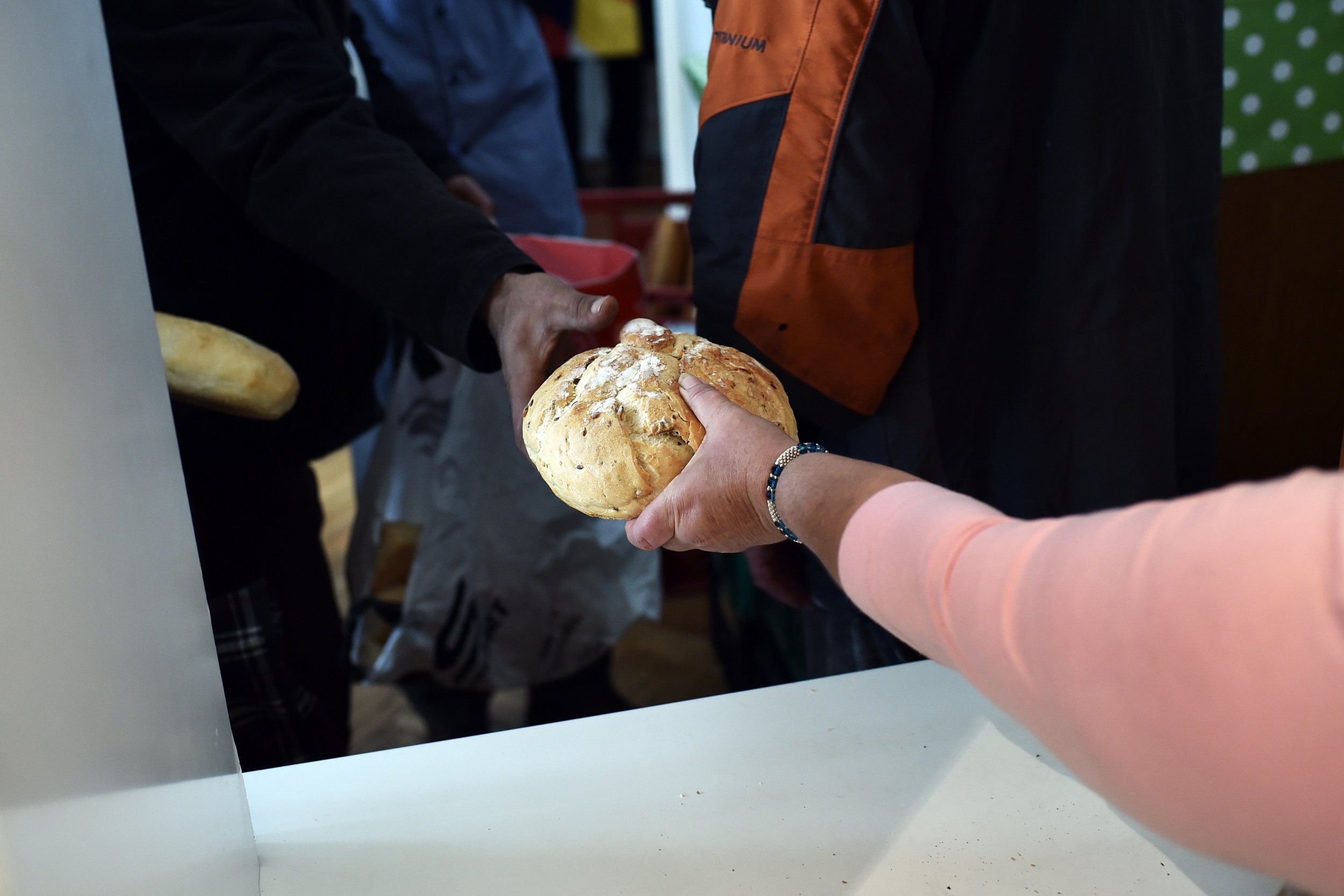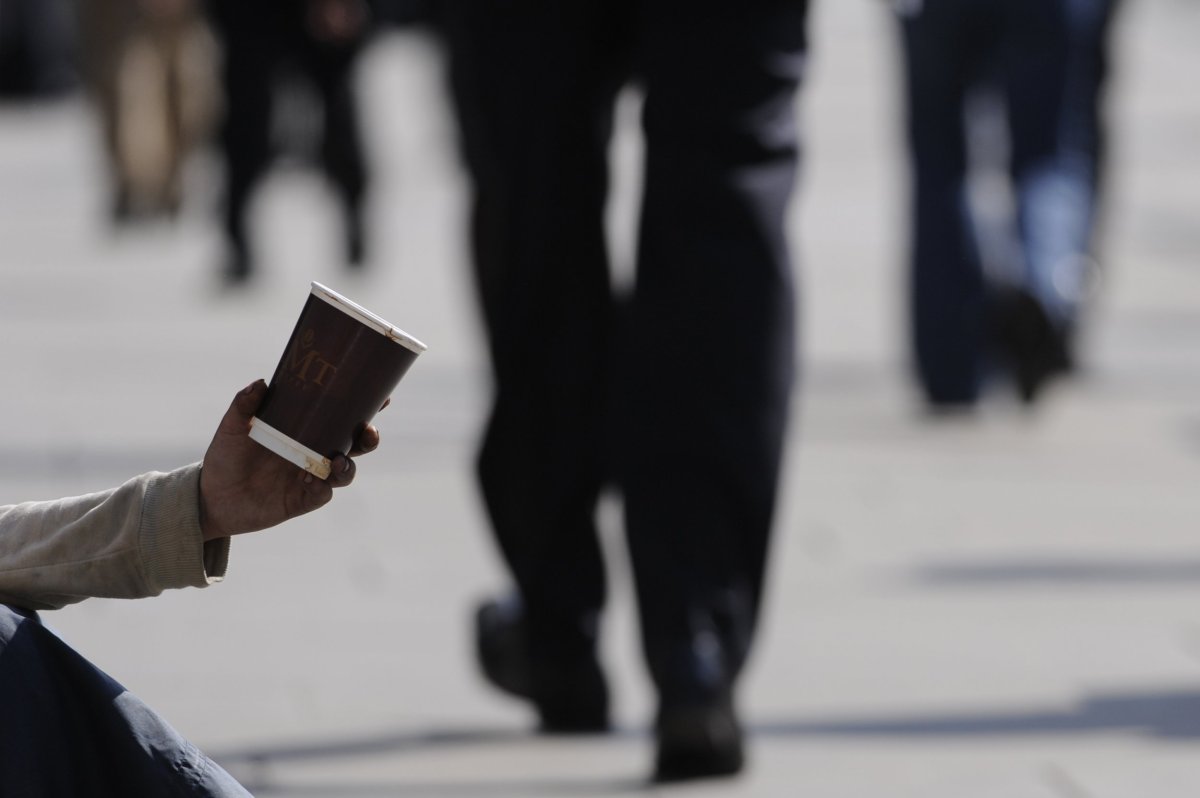
Does caring about other people mean you're more likely to be depressed? A new study shows that those who are sensitive to unfairness or inequity were more likely to display symptoms of depression than people who aren't.
Building on past research, researchers from Rutgers University found that hundreds of people who showed "prosocial" behavior and were more sensitive to social inequity had significantly more symptoms of depression.
For the study, the experimenters gave almost 350 people a personality test to determine if they were more "prosocial" or "individualist," meaning more or less concerned with distributing resources equally. Then they gave the participants surveys to measure their tendency to depression.
Following these introductory measures, the participants played a game in which they decided how to allocate money, all the while monitoring particular areas of their brains. Prosocial people were more likely to reject deals that were unfair, and their brains showed a distinct reaction to these deals. They were also more likely to pick deals that were fair.
A survey taken up to a year after the initial experiment showed that participants in the prosocial group showed greater signs of depression. The difference in that group held when the experimenters controlled for age, gender and social status. The study was published in Nature Human Behavior in October.

Still, it's important to remember that no one's values exist in a vacuum. This study, which was carried out among university students in Japan, is fascinating. But, as recent research shows, generalizing about all of humanity based off a limited sample of brains is potentially dangerous. Because neuroimaging research is compelling and technologically complex, neuroscience research can sometimes forget about the humans to whom the brains belong. That said, this study looked at a pretty large number of brains.
As Scientific American points out, the study doesn't necessarily mean that caring about other people dooms you to depression. Although the findings are pretty solid, the study looked at people between the ages of 18 and 26, and at parts of the brain that don't fully develop until a person is older than that. There are also other aspects of depression that are likely controlled by parts of the brain the researchers didn't look at.
And for those whose prosocial attitudes might leave them vulnerable to depression, Scientific American's Jack Turban writes, therapy could be a good shot at learning to keep those prosocial attitudes without becoming depressed.
Uncommon Knowledge
Newsweek is committed to challenging conventional wisdom and finding connections in the search for common ground.
Newsweek is committed to challenging conventional wisdom and finding connections in the search for common ground.
About the writer
Joseph Frankel is a science and health writer at Newsweek. He has previously worked for The Atlantic and WNYC.
To read how Newsweek uses AI as a newsroom tool, Click here.








